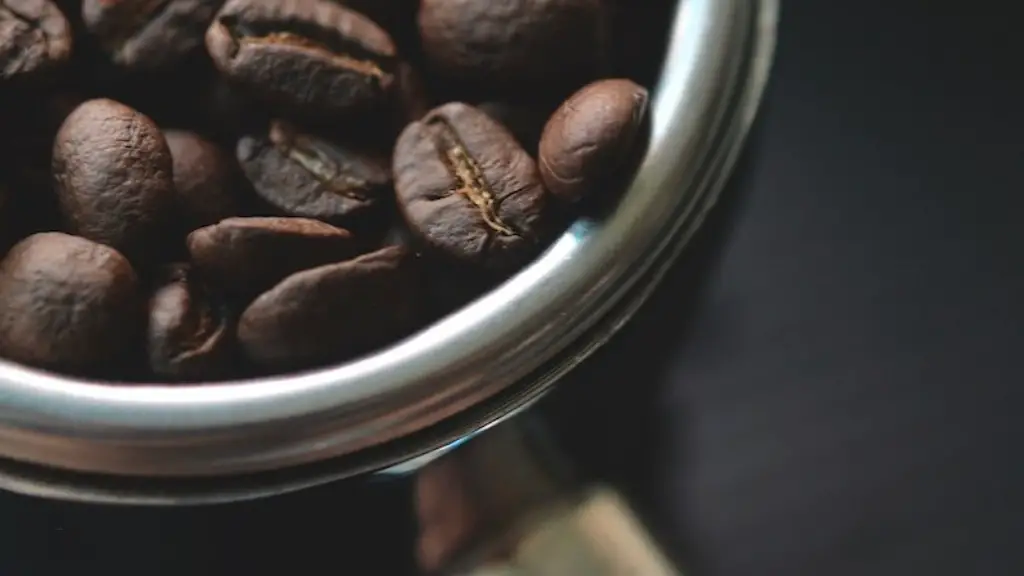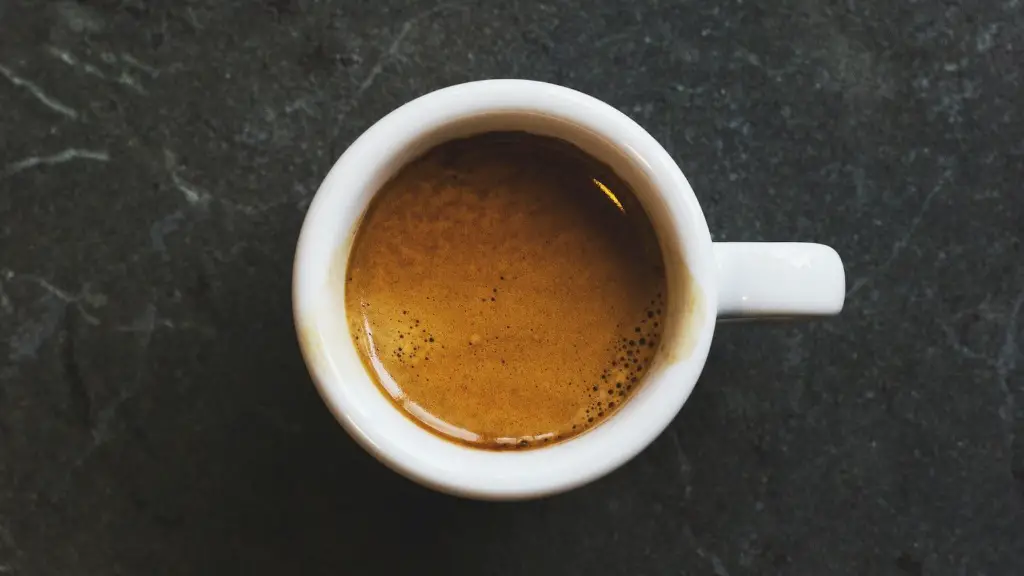Coffee Consumption According To Time of Day and Science
Coffee is everywhere. It often gets an unfairly bad rap. That’s why it’s so important to understand the science behind it and when is the best time to drink it. Can you drink coffee all day? It may be a bit more complicated than a simple yes or no.
Coffee has been studied for centuries, and scientific research has revealed that those who enjoy coffee in moderation can benefit from various health benefits, such as a decrease in risks from ailments such as heart disease, diabetes, and cancer. caffeine consumption can also improve cognitive performance, help you stay alert and focused, and improve reaction time.
When it comes to coffee consumption throughout the day, there is no single answer. Studies have shown that moderate consumption, of two to three cups of coffee per day, can be beneficial in several ways. Caffeine is a diuretic and can dehydrate your body, so it is best to limit coffee consumption to no more than eight cups per day, or natural, non-caffeinated alternatives such as herbal or green teas.
Caffeine can also interfere with sleeping patterns, as it is a stimulant. Therefore, it is best to consume coffee before noon, and avoid or reduce consumption in the afternoon and evening hours.
Too much caffeine can come with side effects, such as anxiety, insomnia, irritability, headaches, and nausea. Caffeine can also interfere with certain medications, including birth control medications, hormonal tablets, and antidepressants. Therefore, it is important to discuss caffeine consumption with your doctor, if you take any kind of medication regularly.
It should also be noted that energy drinks may contain more caffeine than coffee. Therefore, it is important to take precautions such as drinking smaller amounts at a time, and limiting the number of energy drinks consumed throughout the day.
Variation In Caffeine Content
People often underestimate the amount of caffeine they consume on a daily basis. The caffeine content of each cup or mug of coffee can vary, depending on the brewing method and type of coffee used.
For instance, a cup of instant-coffee may contain as little as 57 mg of caffeine, while a cup of strong espresso may contain up to 217 mg of caffeine. Similarly, a cup of brewed coffee contains 95 mg of caffeine, while a cup of cold brew will contain 129 mg.
The caffeine content also varies between brands of coffee. Some brands may contain higher amounts of caffeine than others, so it is important to check the label and ingredients lists on each product to determine the caffeine content.
Caffeine Addiction
When it comes to coffee consumption, moderation should be the key. Caffeine is a powerful stimulant and can be addictive, particularly when consumed in high amounts. Therefore, it is important to be mindful of your coffee consumption and ensure that you are drinking coffee for the right reasons, such as improving focus or staying alert.
Research has also shown that people who consume high amounts of caffeine may have difficulty sleeping and have withdrawal symptoms when they try to cut back, including headaches and irritability. Therefore, it is important to moderate consumption and not rely on coffee as a crutch to stay alert or to power through long working hours.
Effect Of Stress And Diet
It’s also important to pay attention to other factors which can affect the effectiveness of coffee in keeping you alert, such as diet and stress. Caffeine consumption can be affected by high levels of stress, as our body’s natural response to stress is to create cortisol, which can diminish the effects of caffeine. This can lead to increased coffee consumption, and can be a sign of unhealthy stress levels.
Similarly, caffeine consumption can be affected by what we consume. Too much processed and sugary foods can counteract the positive effects of coffee and can create a cycle of increased coffee consumption that may be unhealthy.
Consider Alternatives
If you find yourself drinking a lot of coffee throughout the day, it may be a sign that it is time to consider alternatives. There are many alternatives to coffee, such as herbal teas, green teas, and decaffeinated coffee.
Adaptogenic herbs, such as ashwagandha, holy basil, and ginseng, have been proven to enhance mental clarity, reduce stress levels, and increase energy levels without the side effects of caffeine. These herbs are particularly beneficial for people who are looking for more natural energy sources and who are looking for ways to reduce their coffee consumption.
Matcha Tea
Matcha tea is a great alternative to coffee, as it contains natural forms of caffeine, which have been shown to improve focus and alertness without the usual caffeine crash. It is also packed with various antioxidants, which can help reduce inflammation and protect against diseases.
Matcha contains much less caffeine than coffee, which makes it a great alternative to coffee when you want to stay alert while avoiding the potential side effects of excess caffeine.
Nootropics
Nootropics are natural supplements which are known to improve cognitive performance and enhance focus and concentration. Nootropics can be used as an alternative to coffee and can provide a natural boost of energy and alertness without the crash.
Nootropics have been used by athletes, entrepreneurs, and students to improve mental clarity, reduce stress levels, improve cognitive functions, and increase productivity.
Conclusion
Ultimately, it is best to avoid consuming coffee all day, as it can lead to disrupted sleeping patterns and unwanted side-effects. The best way to stay alert and productive without the negative impacts of excess caffeine is to drink coffee in moderation and consider alternatives such as herbal teas, matcha tea, energy drinks, and nootropics.
Finally, it is important to keep in mind the potential side effects of excess caffeine, such as headaches and irritability, and to talk to your doctor if you are taking any kind of medication.


